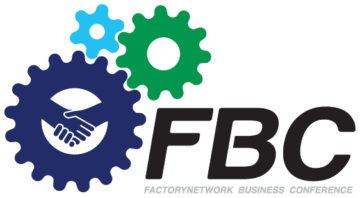Mục lục
ToggleVietnam’s foreign direct investment landscape is rapidly evolving, offering immense manufacturing opportunities amid global supply chain shifts. However, challenges such as infrastructure gaps and regulatory complexities remain barriers to maximizing this potential. In this article, FBC explores how strategic policies and innovative partnerships are transforming Vietnam into a prime destination for foreign direct investment in manufacturing, unlocking new growth avenues and stronger international connections.
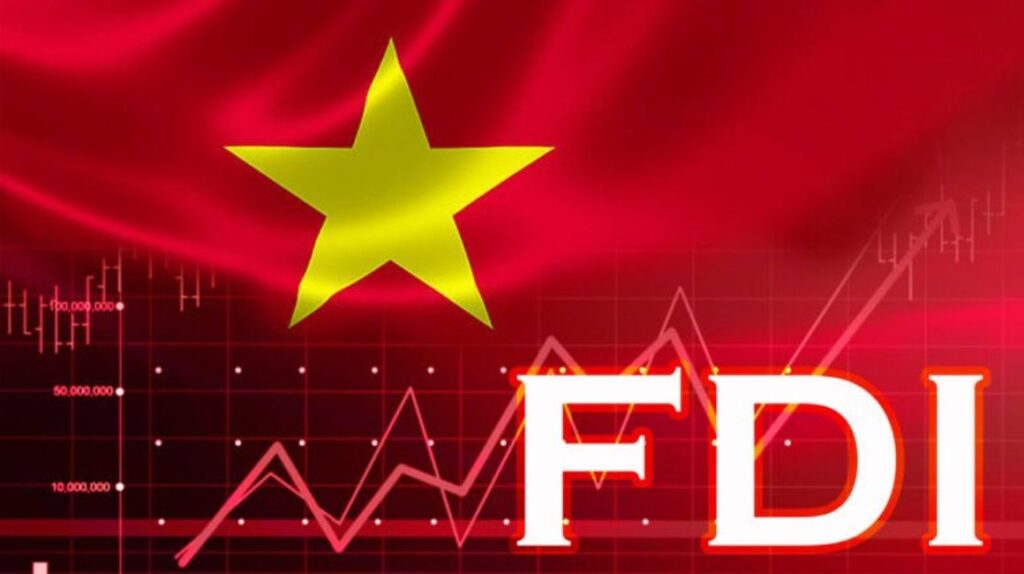
Understanding Foreign Direct Investment (FDI) in Vietnam
- Clear definition and meaning of FDI in the Vietnamese context
Foreign direct investment in Vietnam refers to long-term investments made by foreign entities in Vietnamese enterprises or the establishment of new business operations within the country. Unlike portfolio investments, FDI involves a significant degree of influence or control over the invested entity, typically requiring a minimum ownership stake of 10% or more. In Vietnam’s manufacturing sector, FDI commonly takes the form of wholly foreign-owned enterprises, joint ventures with local partners, or strategic acquisitions of existing Vietnamese companies.
The Vietnamese government distinguishes between different types of manufacturing FDI based on investment scale, technology transfer potential, and strategic importance to national development goals. High-tech manufacturing projects, export-oriented production facilities, and investments in supporting industries receive particular attention and often benefit from enhanced incentive packages.
- Growth trends and statistics on FDI in Vietnam
The manufacturing sector continues to lead foreign direct investment inflows in Vietnam, with electronics assembly, precision engineering, and automotive components at the forefront. In 2024, Japanese investors remained the largest contributors, injecting approximately $5.2 billion into manufacturing projects, followed closely by South Korean and Taiwanese firms. This reflects the ongoing restructuring of Asian supply chains and Vietnam’s strategic role as a critical hub in regional production networks, positioning the country for sustained industrial growth and deeper global integration (Vietnam Foreign Investment Agency, 2024; Asian Development Bank, 2024).
- Comparison with regional competitors in Southeast Asia
When benchmarked against regional competitors, Vietnam’s FDI performance in manufacturing stands out for several key reasons. While Thailand and Malaysia offer more developed infrastructure and a skilled workforce, Vietnam provides compelling cost advantages and rapid improvement in business environment conditions. Indonesia, despite its large domestic market, faces challenges related to bureaucratic complexity that Vietnam has actively addressed through regulatory reforms.
Singapore remains the regional leader in high-value manufacturing and serves as a regional headquarters hub, but Vietnam has successfully positioned itself as the production base of choice for companies seeking cost-effective manufacturing with improving quality standards. The Philippines has struggled to attract large-scale manufacturing investments due to infrastructure limitations and regulatory uncertainties, areas where Vietnam has made significant progress.
- Vietnam’s strategic advantages for foreign investors
Vietnam offers a unique combination of advantages that make it particularly attractive for manufacturing investments. The country’s young and increasingly skilled workforce provides a demographic dividend that will persist for the next two decades. Government commitment to education and vocational training has resulted in a rapidly improving talent pool, particularly in technical and engineering disciplines.
The country’s political stability, consistent economic policies, and commitment to international integration through trade agreements like the Comprehensive and Progressive Agreement for Trans-Pacific Partnership (CPTPP) and the EU-Vietnam Free Trade Agreement provide investors with confidence in long-term business planning. Additionally, Vietnam’s competitive exchange rate and controlled inflation environment support predictable cost structures for manufacturing operations.
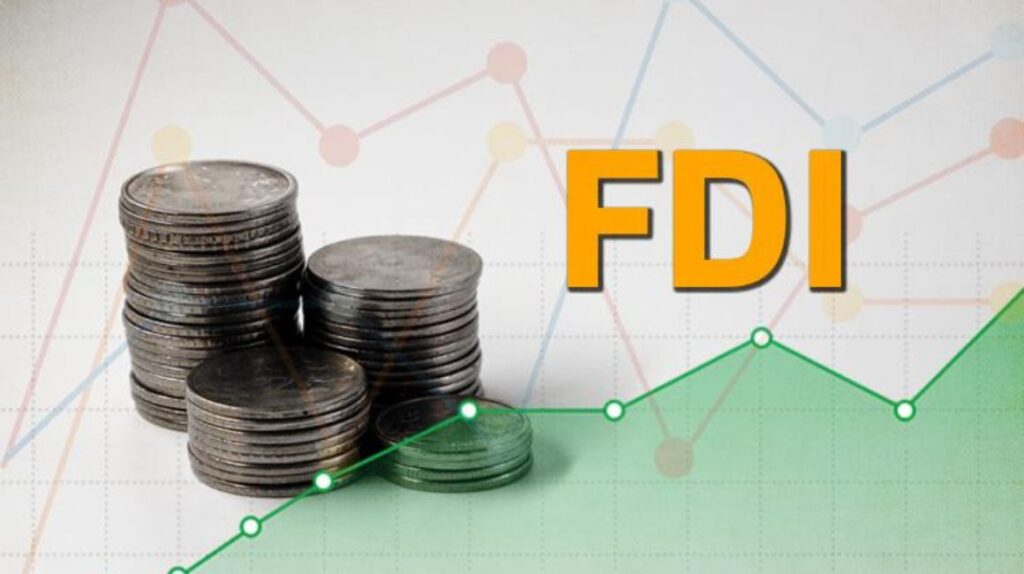
Vietnam’s Strategic Position in Global Manufacturing
Vietnam’s emergence as a manufacturing hub is no accident but rather the result of strategic geographic positioning, infrastructure development, and successful integration into global supply chains.
- Geographic advantages and strategic location in Southeast Asia
Vietnam’s location along major shipping routes connecting East Asia with global markets provides unparalleled logistics advantages for manufacturing companies. The country’s 3,260-kilometer coastline features several deep-water ports, including the strategically important ports of Ho Chi Minh City, Haiphong, and Da Nang. This coastal access enables efficient import of raw materials and export of finished goods to key markets in Asia, Europe, and North America.
- Infrastructure developments supporting manufacturing FDI
Vietnam has invested heavily in infrastructure development to support manufacturing growth, with particular focus on industrial parks, transportation networks, and utilities. The country currently operates over 370 industrial parks and economic zones, many specifically designed to meet the needs of foreign manufacturers. These facilities offer ready-built infrastructure, streamlined administrative processes, and often sector-specific advantages such as proximity to ports or specialized supplier networks.
- Integration with regional and global supply chains
Vietnam’s successful integration into global manufacturing networks has created a virtuous cycle of investment and capability development. The country has become a critical node in electronics supply chains, with companies like Samsung, Apple suppliers, and other major brands establishing significant manufacturing presence. This concentration of related industries has fostered the development of supplier ecosystems that benefit all participants.
>>> See more articles: Semiconductor Industry in Vietnam 2025
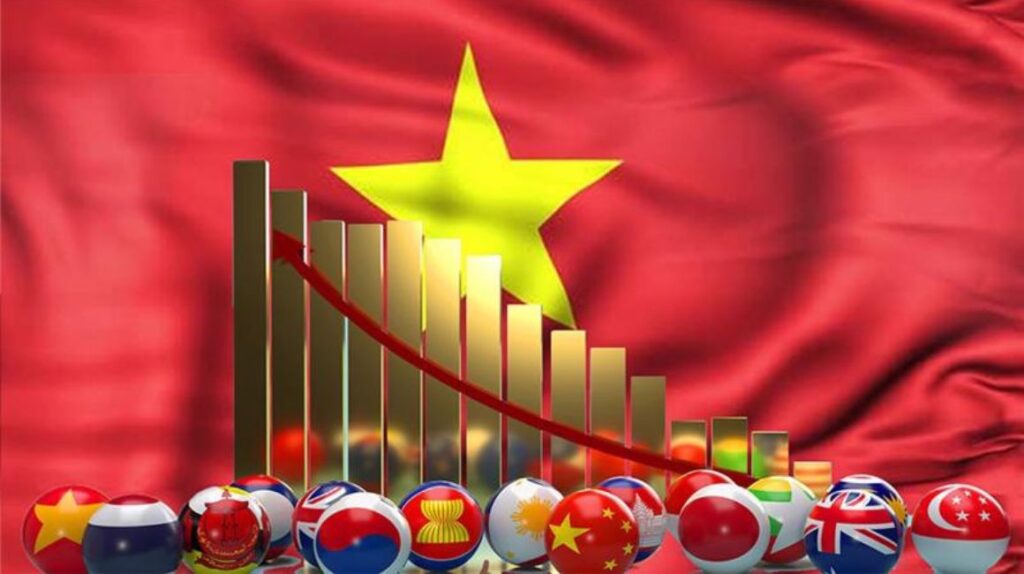
Key Manufacturing Sectors Attracting FDI in Vietnam
Vietnam’s manufacturing sector presents diverse opportunities across multiple industries, each offering unique advantages and growth potential.
- Electronics and components manufacturing
The electronics sector represents the largest and most successful manufacturing industry for FDI in Vietnam. The country has become a major production hub for smartphones, computers, and electronic components, attracting investments from global technology leaders. Samsung’s massive operations have catalyzed broader ecosystem development, with numerous suppliers and component manufacturers establishing Vietnamese operations to serve major assemblers.
- Automotive parts and precision engineering
Vietnam’s automotive sector has experienced significant growth, driven by both domestic market expansion and regional export opportunities. Major Japanese manufacturers like Toyota, Honda, and Mazda have established production facilities, while Korean companies, including Hyundai, have made substantial investments. The sector focuses primarily on passenger vehicles and motorcycles, with Vietnam being one of the world’s largest motorcycle markets.
- Textiles, garments, and footwear
Vietnam’s textile and garment industry has evolved from basic manufacturing to sophisticated production capabilities serving global fashion and sportswear brands. The sector benefits from comprehensive free trade agreements that provide preferential access to major markets, including the United States, European Union, and other CPTPP member countries. This market access, combined with competitive production costs, has attracted significant FDI from textile and garment companies.
The footwear industry represents another success story, with Vietnam becoming the world’s second-largest footwear exporter after China. Major brands like Nike, Adidas, and Puma have established significant manufacturing presence, often through partnerships with Taiwanese and Korean companies that bring advanced production technologies and management expertise.
- Supporting industries and industrial materials
Vietnam prioritizes the development of supporting industries as a key driver of its industrial growth. The government promotes foreign direct investment in machinery, industrial materials, and specialized components to meet rising domestic demand. Sectors like metal processing, plastics, rubber, and chemicals attract significant FDI, serving both local manufacturers and export markets, while benefiting from regional supply chain integration within Vietnam’s expanding manufacturing ecosystem.
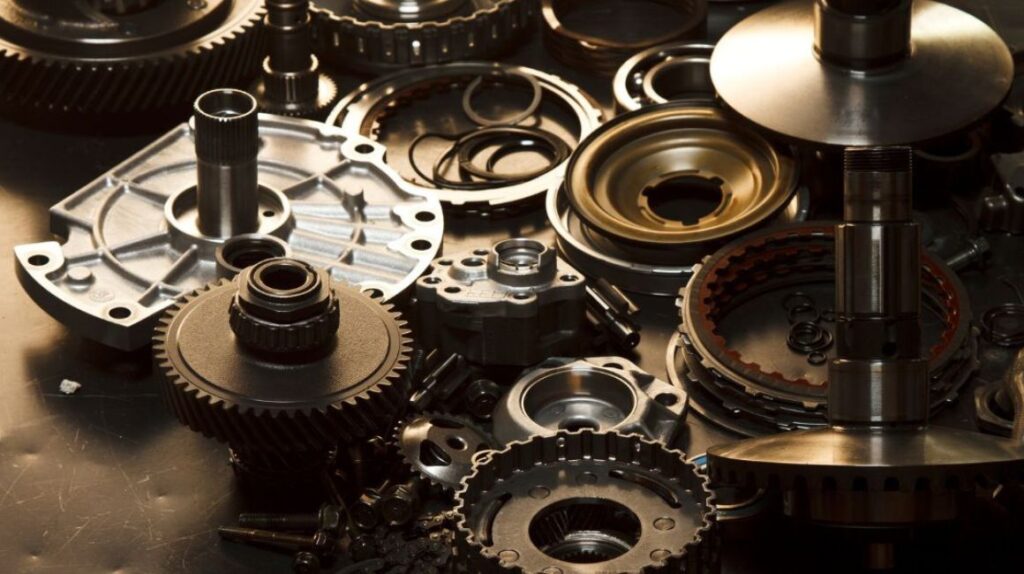
Read more:
- Customized Metal Fabrication for Industrial Use: Vietnam’s Industry in 2025
- Rubber Industry in Vietnam’s Supply Chain
FDI Trends Reshaping Vietnam’s Manufacturing Landscape
Vietnam’s foreign direct investment (FDI) landscape is evolving with global economic shifts and technological progress, offering new opportunities for manufacturing investors. Current trends emphasize the need for adaptation to changing market dynamics, shaping both present and future investment flows in the sector.
The manufacturing industry is transitioning from labor-intensive to technology-driven investments, reflecting rising wages and enhanced technical skills in Vietnam. Companies increasingly focus on automation, advanced manufacturing, and high-value production, with the electronics sector leading this shift through expanded research and development activities, exemplified by Intel’s facility upgrades.
Japanese and Korean firms have significantly boosted their manufacturing presence, driven by supply chain diversification and Vietnam’s improving business environment. Their “Vietnam Plus One” strategies establish Vietnam as a key production hub while maintaining other regional operations to mitigate risks and access diverse markets.
Sustainability is gaining prominence in FDI decisions, with investors prioritizing green manufacturing and ESG commitments. Vietnam supports this shift by promoting renewable energy and environmental standards, attracting major manufacturers to develop low-emission and carbon-neutral facilities, a trend expected to intensify as global environmental expectations rise.
Government Policies Supporting Manufacturing FDI
Vietnam’s government has implemented robust policies to attract foreign direct investment (FDI), focusing on industrial development and economic modernization. Attractive incentives, including reduced corporate tax rates and import duty exemptions, encourage investments involving technology transfer, export production, or projects in less-developed areas.
Special Economic Zones (SEZs) such as Van Don and Phu Quoc provide favorable conditions with streamlined administrative procedures, improved infrastructure, and investment protection. Recent regulatory reforms, including a revised Investment Law and digital transformation initiatives, have simplified licensing and enhanced transparency for foreign investors.
Competition among provinces like Binh Duong, Dong Nai, and Ba Ria-Vung Tau has driven innovative approaches to attract manufacturing FDI. These provinces offer improved infrastructure, additional incentives, and specialized services, developing sector expertise and supplier networks to better support investors.
Comprehensive support services are available at both national and local levels, facilitating connections, administrative assistance, and information for foreign investors. The presence of specialized professional service providers, including legal and consulting firms, further helps investors navigate regulations and establish efficient operations in Vietnam’s manufacturing sector.
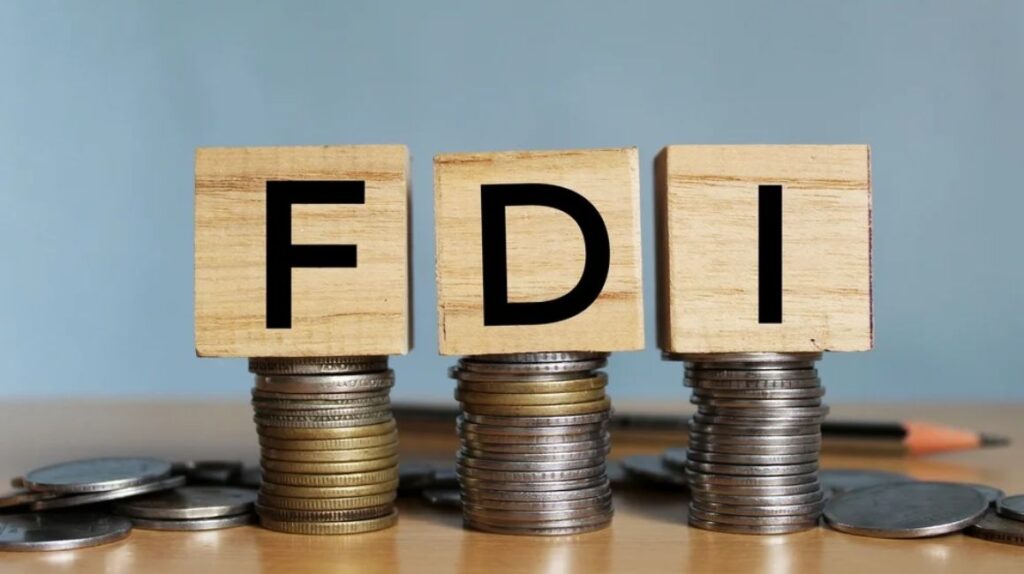
Challenges and Considerations for Manufacturing Investors
While Vietnam offers compelling opportunities for manufacturing FDI, investors must carefully consider various challenges and requirements to ensure successful operations.
- Skilled workforce development needs
Vietnam’s rapid industrial development has created skill gaps in certain technical and managerial areas, requiring investors to invest in training and development programs. While the country produces large numbers of engineering and technical graduates, many require additional training to meet international manufacturing standards and advanced technology requirements. Successful foreign manufacturers have addressed this challenge through partnerships with local universities, the establishment of training centers, and comprehensive internal development programs. Companies that invest in workforce development often find that these programs create competitive advantages and improve employee retention rates.
- Supply chain localization requirements
Vietnam’s industrial development strategy includes requirements for supply chain localization in certain sectors, particularly automotive manufacturing. While these requirements can create challenges for foreign investors, they also present opportunities for suppliers and component manufacturers to establish Vietnamese operations serving growing domestic markets. Understanding and planning for localization requirements enables investors to develop comprehensive strategies that comply with regulations while building competitive supplier networks.
- Infrastructure and logistics considerations
While Vietnam’s infrastructure has improved significantly, investors must carefully evaluate logistics and utility availability for specific locations and industries. Power supply reliability, water availability, and transportation access can vary significantly between regions and industrial parks. Successful investors conduct thorough due diligence on infrastructure conditions and often work with industrial park developers to ensure adequate facilities for their operations. Planning for infrastructure requirements early in the investment process helps avoid delays and additional costs during project implementation.
- Cultural and business practice insights
Understanding Vietnamese business culture and practices is essential for successful operations and partnership development. Building relationships with local partners, suppliers, and government officials requires time and cultural sensitivity. Language barriers and different business practices can create challenges, but also opportunities for companies that invest in cultural understanding.
FBC ASEAN: A Platform for Manufacturing Investment Connections
- Overview of FBC ASEAN
FBC ASEAN is an annual international trade exhibition specializing in manufacturing, designed to support enterprises in improving business efficiency and expanding markets. This event serves as a strong bridge enabling businesses to access potential customers, optimize production processes, and increase profitability. More than just a typical exhibition, FBC ASEAN is built as a comprehensive trade ecosystem, connecting manufacturers with genuine buyers actively seeking suppliers in Vietnam.
The event creates opportunities for ASEAN businesses to network, exchange, and expand cooperation with international markets. At the same time, FBC ASEAN offers a golden chance for Vietnamese manufacturing companies to learn, share experiences, and collaborate with global partners to promote sustainable development. As a strategic connector, FBC ASEAN promises to help Vietnamese enterprises break through, enhance competitiveness, and solidify their position in the global marketplace.
- Networking Opportunities with Potential Vietnamese Partners
FBC ASEAN offers extensive opportunities to connect with potential partners in Vietnam and the region through a global network of over 25,000 manufacturing businesses. The event combines direct trade interactions with the advanced Emidas platform, which provides free lifetime accounts for companies to showcase information, find partners, and schedule appointments, optimizing business matching. The exhibition features a large-scale booth area attracting over 300 companies from various countries, alongside major corporations such as Panasonic, Samsung, and active Vietnamese enterprises seeking suppliers.
Organizers and supporting partners like VASI, HAMI, VEIA, and VINASA facilitate seamless connections, provide timely market information, and expand international cooperation opportunities. Exhibition themes like “From Components to Finished Products” guide Vietnamese companies to develop higher-value products and deepen integration into global supply chains. By integrating both onsite events and online platforms like Emidas and J-TECH Showroom, FBC ASEAN creates a multidimensional and effective trade environment for the manufacturing sector.
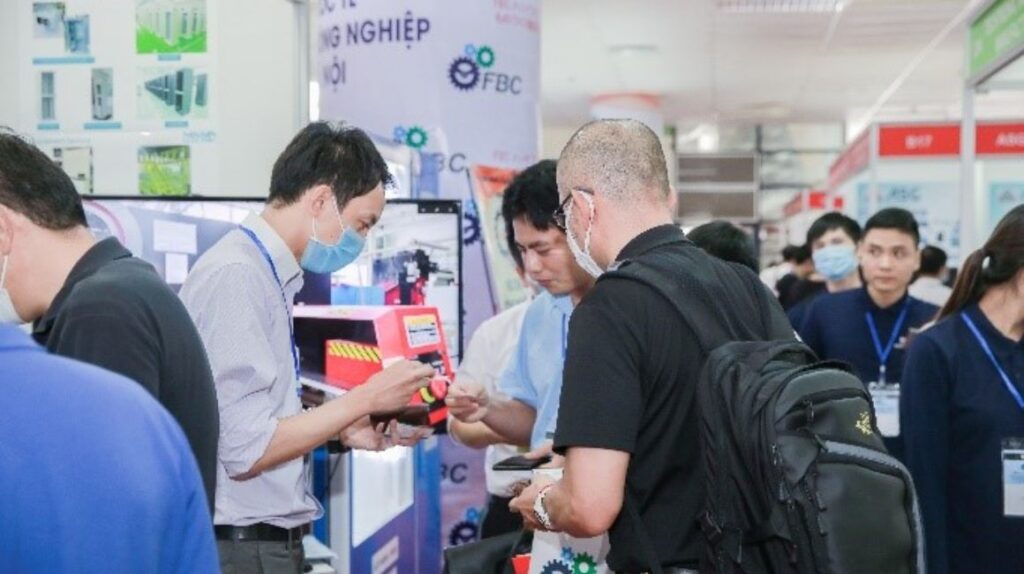
Vietnam’s foreign direct investment landscape presents compelling opportunities for manufacturing companies seeking to establish or expand operations in Southeast Asia. The country’s strategic advantages, improving business environment, and successful track record of supporting major manufacturing investments create a strong foundation for business growth and expansion. Visit fbcasean.vn to learn more about upcoming events and networking opportunities that can support your business growth in Southeast Asia’s most dynamic manufacturing market.
